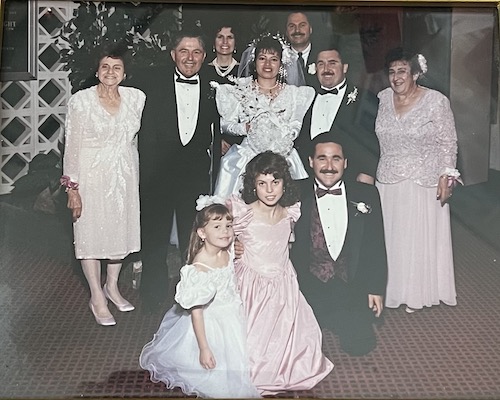
Let’s get “wiggy” today!
January 27, 2023
Never Give Up: Emma is a loving wife and mother who has shown what happens when you persevere in life
January 30, 2023Martyrs’ Day is observed on January 30 each year, which is the death anniversary of Mahatma Gandhi, known as “Bapu” or “Father of the nation” in India.
Gandhi was recognized as one of the most iconic figures of the 20th century, who successfully led his country free from the control of the British Empire.
Gandhi was borned in a small town of Gujarat, he studied to become a barrister and lived a very smooth life until he made his first trip to South Africa.
Everything has changed. His life in South Africa has exposed him to unequal rights and class divisions, which shaped him to fight for human rights and equality. On top of that, the pain of losing his first child at the age of 16 also made him to challenge the idea of child marriage.
While battling against the Britishers, Gandhi has always advocated for nonviolence movements and peaceful demonstrations. He also negotiated a lot of peace treaties with the Britishers before their final departure from India.
Moving forward, Gandhi took an almost impossible task of building an independent nation out of other countries’ colonization.
Gandhi was strongly opposed to the idea of partition of India even after the declaration of independence. He has given regular speeches to emphasize his resistance.
However, on the eve of January 30, a Hindu violent extremist shot Gandhi three times at point-blank. Gandhi’s lifelong promotion of non-violence movements ended with a bullet in his chest.
On this day, Indians from all over the world will commemorate the countless contributions of Gandhi. Without his resilience and courage to fight for freedom, India would still continue struggling for independence.
Today also reminds us that freedom and democracy aren’t free, and everything we gain has its price. Therefore, it is our responsibility to take actions to keep the democratic values alive.




